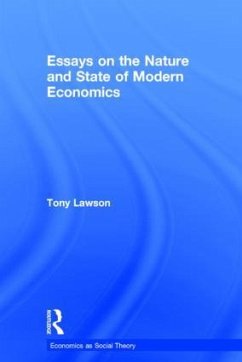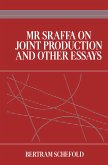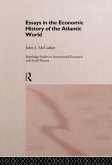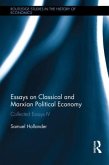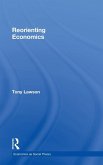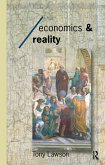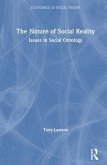What do modern academic economists do? What currently is mainstream economics? What is neoclassical economics? And how about heterodox economics? How do the central concerns of modern economists, whatever their associations or allegiances, relate to those traditionally taken up in the discipline? And how did economics arrive at its current state? These and various cognate questions and concerns are systematically pursued in this new book by Tony Lawson. The result is a collection of previously published and new papers distinguished in providing the only comprehensive and coherent account of these issues currently available. The financial crisis has not only revealed weaknesses of the capitalist economy but also highlighted just how limited and impoverished is modern academic economics. Despite the failings of the latter being more widely acknowledged now than ever, there is still an enormous amount of confusion about their source and true nature. In this collection, Tony Lawson also identifies the causes of the discipline's failings and outlines a transformative solution to its deficiencies. Amongst other things, Lawson advocates for the adoption of a more historical and philosophical orientation to the study of economics, one that deemphasizes the current focus on mathematical modelling while maintaining a high level of analytical rigour. In so doing Lawson argues for a return to long term systematic and sustained projects, in the manner pursued by the likes of Marx, Veblen, Hayek and Keynes, concerned first and foremost with advancing our understanding of social reality. Overall, this forceful and persuasive collection represents a major intervention in the on-going debates about the nature, state and future direction of economics.
Hinweis: Dieser Artikel kann nur an eine deutsche Lieferadresse ausgeliefert werden.
Hinweis: Dieser Artikel kann nur an eine deutsche Lieferadresse ausgeliefert werden.

